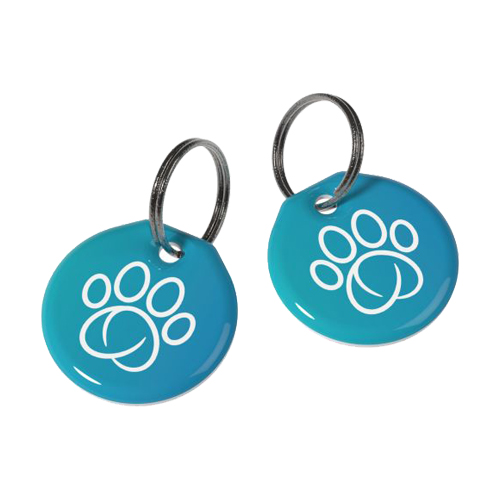Harnesses
Walking a cat is different from walking a dog. A dog sees the world through his nose, while cats see the world through their eyes. A cat feels safest in high places, so teaching him to walk alongside you might be tricky in the beginning. It’s important to do this slowly.
How to walk your cat on a leash
Step 1. The harness
If your cat has never worn a harness, it’s important to let him get used to it first. Introduce your cat to the harness by letting him smell it. Reward him straight away. After that, you can try to put the harness on. Does your cat hate it? Take it off and don’t force it. You can try again later. If your cat starts to feel comfortable with the harness, make sure to reward him throughout the process.
Step 2. Walking on a leash
Stay inside first and try walking on a leash in your house. Start the training with short exercises, a couple of minutes at most. Does your cat take a few steps? Reward him straight away. Never pull the leash and drag your cat. If your cat doesn’t want to walk, try again later.
Step 3: Going outside
Is your cat comfortable with walking on a leash inside? Then you can start to go outside. The outside world can be scary, so start in your garden first. If you don’t have a garden, pick a moment when your street is calm and empty. Open the door first and introduce your cat to the outside world. Make sure to do everything nice and slowly. If your cat cooperates, make sure to reward him! Keep practising and you’ll be able to go a little bit further every time. Practise makes perfect! Some cats don’t like the outside. If this is the case, keep your cat inside and offer him plenty of climbing and playing opportunities
Collars
Wearing the collar
If you don’t want to walk your cat, a regular collar, like the Beeztees Cat Collar would suffice. This collar reflects in the dark so people can see your pet. You still need to introduce your cat to a collar though, as he might still have to get used to it. Put the collar on and reward him. Try to distract your cat with a fun toy or a treat. Only leave your cat alone once he is used to the collar. Some cats are used to it within minutes, others might need a bit longer. Always keep an eye on kittens that wear collars.
The right collar
Your cat needs to be able to escape from its collar in case of an emergency. That’s why the only collars that are suitable for cats are the ones with either a safety lock or elastic piece. When there’s pressure on the safety lock, it pops over. With elastic, it gives your cat room to escape from the collar. The sizing is important too. You need to be able to put 1 or 2 fingers between your cat’s neck and the collar.




























